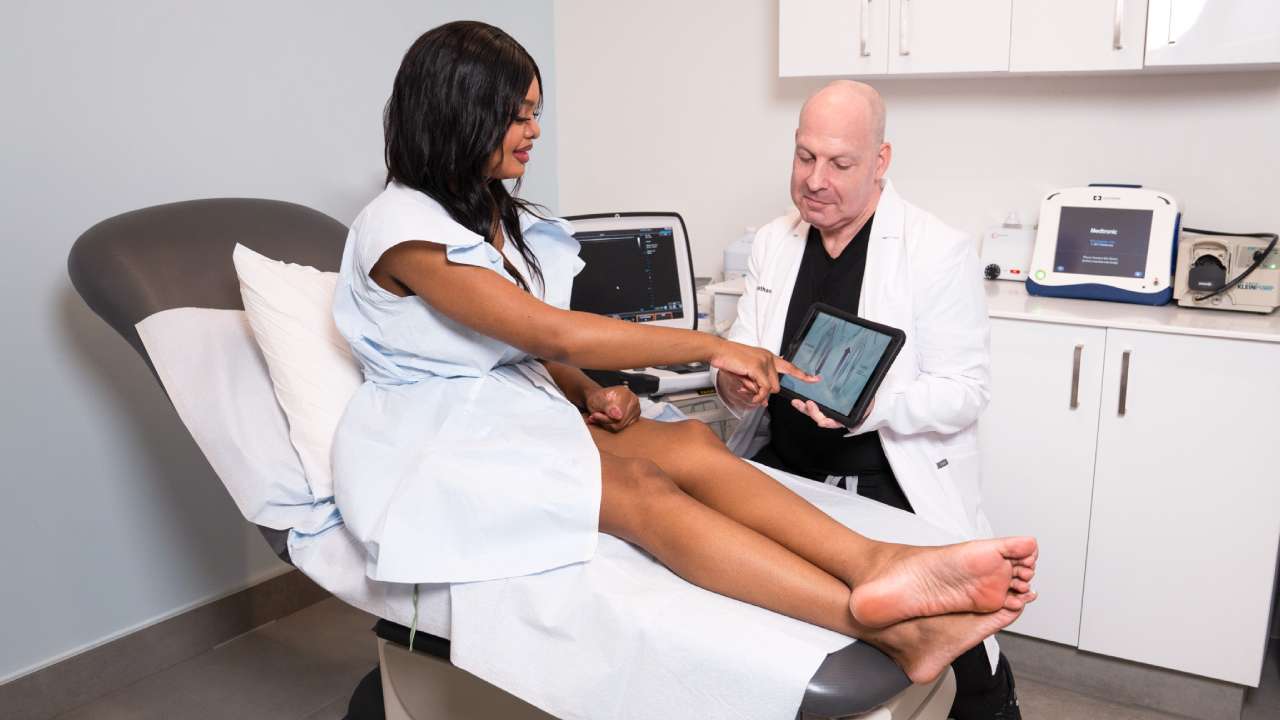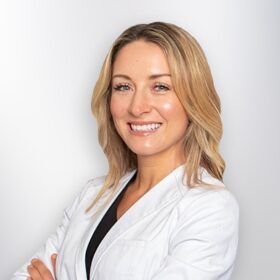Varicose veins can be unsightly and painful. If you’re considering treatment, you may wonder which procedure is best for removing them. With various opinions and treatment options available, making the right choice can feel overwhelming.
Understanding the cause of your varicose veins and the available treatment options can help you make an informed decision. The good news is that many modern procedures are minimally invasive, require little to no downtime, and effectively eliminate varicose veins.
Do Varicose Vein Removal Procedures Require Surgery?
Not necessarily! In the past, surgical procedures like vein stripping were the primary treatment for varicose veins. However, medical advancements have led to the development of minimally invasive treatments that seal off diseased veins without the need for surgery. These treatments allow your body to reroute blood flow through healthier veins while naturally absorbing the closed-off vein over time.
Top Varicose Vein Removal Procedures
The best treatment for you depends on your condition, preferences, and doctor’s recommendations. Here’s a breakdown of the most effective varicose vein treatments:
1. Radiofrequency Ablation (RFA)
-
A small incision is made to insert a catheter into the affected vein.
-
The catheter delivers radiofrequency energy, heating the vein walls and sealing them shut.
-
This method is commonly used in New York and New Jersey and causes minimal discomfort.
2. Endovenous Laser Ablation (EVLA)
-
Similar to RFA but uses laser energy instead of radiofrequency.
-
A laser fiber is inserted into the vein, generating heat to close it.
-
Many vein doctors prefer RFA due to less post-procedure discomfort.
3. VenaSeal
-
A state-of-the-art procedure that uses medical-grade adhesive to seal veins.
-
No incisions are required—just a small needle insertion.
-
Unlike other procedures, compression stockings are not required post-treatment.
4. ClariVein
-
A catheter delivers a sclerosing solution inside the vein while rotating at high speed.
-
This disperses the solution evenly, causing the vein walls to stick together.
-
Requires no incisions or numbing injections, making it one of the least invasive options.
5. Sclerotherapy
-
Used for small, surface-level veins that remain after larger varicose veins are treated.
-
A sclerosing agent is injected directly into the vein to close it.
6. Varithena
-
Similar to sclerotherapy but designed for larger residual veins.
-
Instead of a liquid solution, a medicated foam is injected to seal the vein walls.
Which Varicose Vein Treatment Is Right for You?
Each of these treatments is highly effective, but the best choice depends on factors such as the size and location of your varicose veins, medical history, and personal preferences. Consulting with a specialized vein doctor can help you determine the most suitable option for your condition.
Where Can You Get Your Varicose Vein Treatment?
The Vein Treatment Clinics (VTC) offer all of the above state-of-the-art varicose vein treatments performed by skilled vein specialists. Here, you can find board-certified, Ivy League-trained vein doctors with extensive experience in treating vein conditions.
VTC Locations
VTC has multiple locations, including:
You can choose the most convenient location and schedule a consultation today. Take the next step—consult a vein specialist at Vein Treatment Clinics to explore your options and find the best treatment for your needs.









